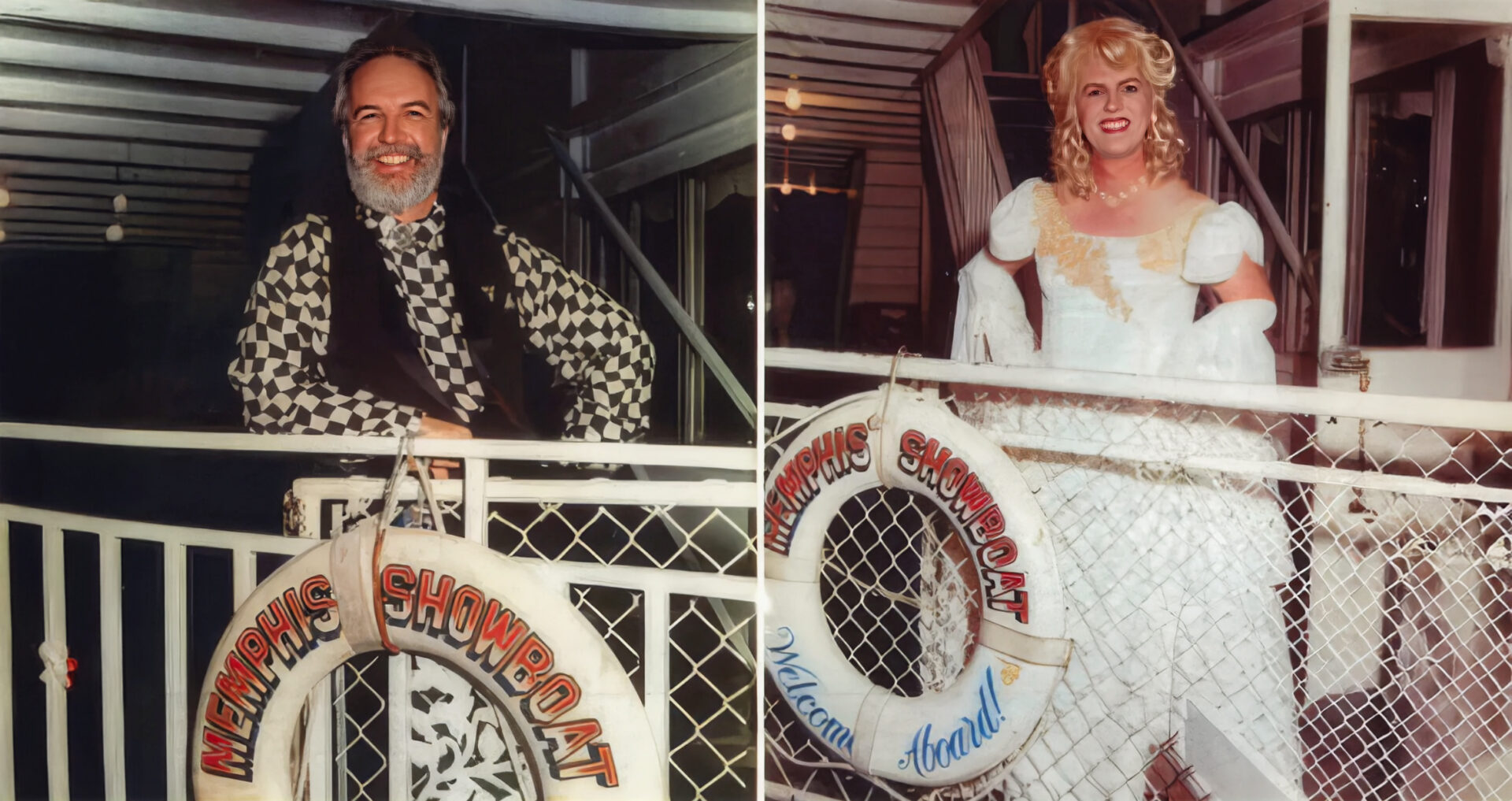On June 18, 1999, the Memphis Pride Riverboat Cruise set sail one final time, marking the end of an era that had spanned nearly two decades. Since 1980, the river cruises had been a cornerstone of Memphis Pride, offering a rare and joyous space for LGBTQ+ celebration at a time when such public gatherings were still risky. But with rising costs and declining attendance, the time had come to bid farewell to one of the city’s most cherished Pride traditions.
Organized by the Memphis Gay & Lesbian Community Center (MGLCC), the final voyage was a bittersweet celebration. It took place aboard the Showboat, a riverboat that had been synonymous with the Pride River Rides since the mid-1980s. While the event was part of a larger Pride Weekend—including a political rally at Overton Park, the Pride Parade, and the festival at Overton Square—the river cruise remained one of the most anticipated traditions.
Adding to the night’s significance was the performance of Memphis music legend Rufus Thomas, whose hits like Walking the Dog and Do the Funky Chicken had made him an icon. His high-energy stage presence and connection to the city’s musical legacy made him the perfect choice to headline the final cruise. As the boat drifted down the Mississippi, Thomas’s music filled the air, turning the last ride into a fitting farewell—joyful, defiant, and unforgettable.
Despite the cruise’s cultural significance, economic realities made it impossible to continue. The costs of entertainment, food minimums required by the boat line, and increasing ticket prices ($25 for the final cruise) made the event unsustainable as both a fundraiser and a celebration. While attendance remained strong, the financial burden proved too great. The decision was made to end the river rides, ensuring they would remain a cherished memory rather than a struggling tradition.
As the Showboat returned to the dock at 11:30 PM, the night was filled with both celebration and reflection. For nearly two decades, the Pride River Rides had been more than just parties; they had been symbols of resilience, unity, and the fight for joy in the face of adversity. The Mississippi River, always a symbol of freedom and change, had carried the hopes and histories of Memphis’s LGBTQ+ community, offering them a space to gather, to dance, and to be themselves.
Though the 1999 Pride Riverboat Cruise was the last, its legacy endured. The tradition had laid the groundwork for new forms of celebration, for bigger Pride festivals, for greater visibility in the city. And while the river no longer carried Memphis Pride on its waters, its currents continued to carry forward the spirit of a movement that had always found a way to thrive.
